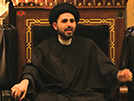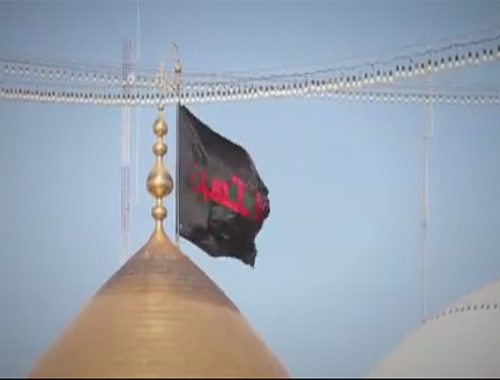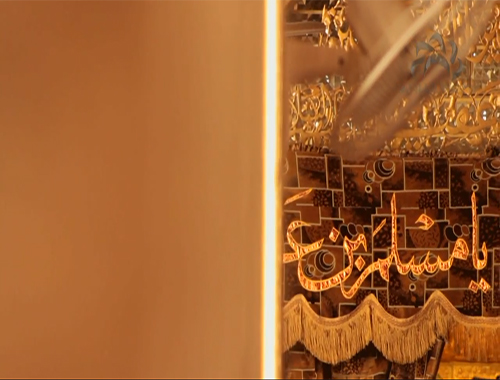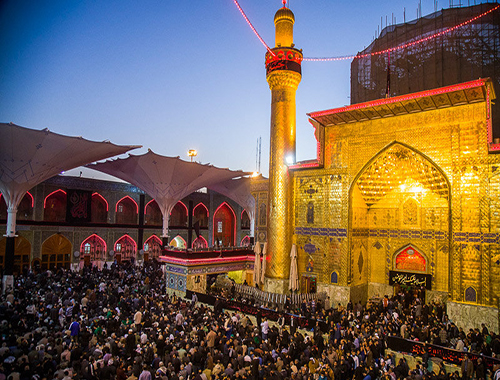Recovery of damages from a property in trust
- Details
- Hits: 1900
Recovery of damages from a property in trust
The Qur’an and Hadith clearly state that under no circumstances is it allowed to pilfer a property held in trust. Shaykh Tusi in his book, Nihaya and other Mujtahids have also mentioned this fact.
Narrators of traditions have mentioned the following from Imam Ja’far as-Sadiq (a.s.):
“One person sends another with money to purchase a cloth. When the latter goes to the market he sees that he already has the same type of cloth at home. So can he come back and without saying anything give him the cloth that he was already having and retain the money?”
Imam (a.s.) continued, “He should not even think of doing this and make himself contaminated with such a sin.” Then Imam (a.s.) recited the 72nd ayat of Surah AhzÄb:
“Surely We offered the trust to the heavens and the earth and the mountains, but they refused to be unfaithful to it and feared from it, and man has turned unfaithful to it; Surely he is unjust, ignorant.”
Then the Imam (a.s.) further said:
“Even if this man has something better than what is available in the market, he must not give it to the buyer without informing him of the fact.”
(Tafsīr Safi)
This is because the actual transaction consisted of taking the person’s money to the market and purchasing a cloth. Anything contrary to this is ‘Khayanat’.
Sulayman Bin Khalid says,
I inquired from Imam Ja’far as-Sadiq (a.s.): “A man had borrowed some money from me. Not only did he not repay the loan but he also took an oath that he did not owe me anything. Later he kept some of his money with me as a trust. Can I recover my debt from this money?”
Imam (a.s.) replied, “Certainly that person has betrayed you but you should not betray trust. You must not commit the same sin.”
(Nihaya of Shaykh Tusi)
As we have already mentioned, Shaykh Tusi and the other great Mujtahids have given a clear verdict in the light of the Qur’anic verses and clear ahadith, that Khayanat is totally prohibited.
But in the book Milhiqat Urwatul Wuthqa, the late Kadhim Tabatabai says, “It is commonly believed by the Mujtahids that to recover one’s legal dues from a property held in trust is permitted.”
The fatwa of Late Kadhim Tabatabai was also to this effect, but precaution dictates that one must refrain from such a course of action.
If a person is given money on the undertaking that he should give it to a poor SadÄt, he cannot keep this money, even if he himself happens to be a poor SadÄt, without informing the owner. But if it is certain that the owner will agree to his keeping it for himself then doing so is not breach of trust.











